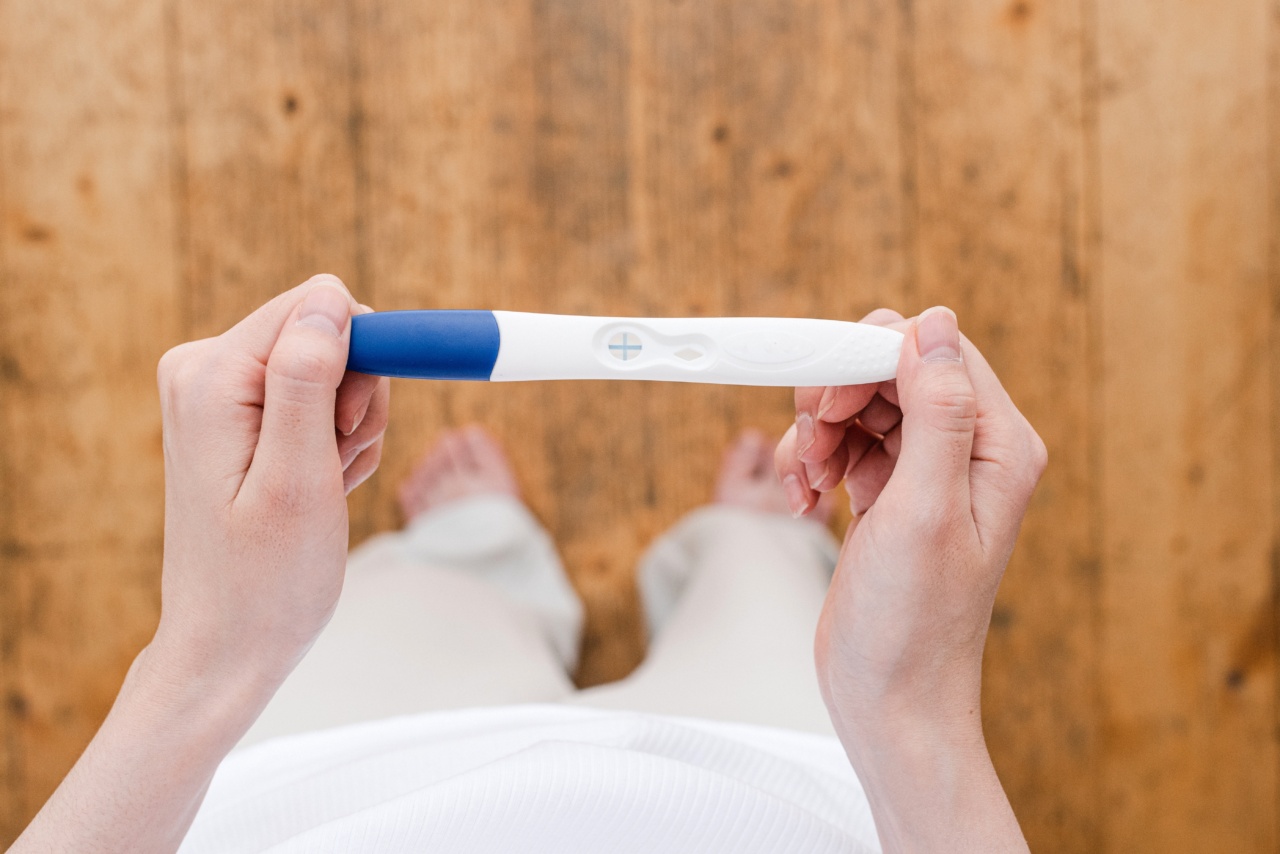Age plays a significant role in a woman’s reproductive health and fertility. It affects her ability to conceive and carry a pregnancy to term.
As women grow older, their fertility gradually declines, and the risks associated with delayed pregnancies increase. Understanding the correlation between age and fertility in pregnancy is essential for women who are planning to conceive.
The Influence of Age on Female Fertility
A woman is born with a finite number of eggs, and as she ages, the quantity and quality of these eggs decline. This natural decrease in fertility begins in a woman’s thirties and becomes more pronounced in her forties.
As a result, the likelihood of getting pregnant decreases and the chances of experiencing complications during pregnancy increase.
Fertility Decline with Age
Research indicates that fertility rates decline significantly as women enter their thirties. By the age of 35, a woman’s chance of conceiving in any given month decreases, and the decline becomes more rapid after the age of 37.
This decline occurs due to several factors, including a decrease in the number of eggs and an increase in chromosomal abnormalities.
The Impact of Maternal Age on Pregnancy
Maternal age also has a significant impact on the health and well-being of both the mother and the baby during pregnancy.
Advanced maternal age (AMA), typically defined as age 35 and above, is associated with an increased risk of various complications, including gestational diabetes, preeclampsia, premature birth, and stillbirth. Additionally, women of advanced maternal age may have a higher chance of requiring a cesarean section.
Risks of Late Pregnancies
Delayed pregnancies, particularly after the age of 35, carry certain risks that women should be aware of. One of the primary risks is an increased likelihood of chromosomal abnormalities in the baby, such as Down syndrome.
The chances of miscarriage also increase with age. Furthermore, older women may face challenges in successfully conceiving and have a higher chance of requiring fertility treatments.
Healthcare Considerations for Older Women
Women who are planning to have a baby at an older age should consider certain healthcare measures to optimize their chances of a healthy pregnancy. It is advisable for them to consult with a healthcare provider specializing in reproductive health.
The healthcare provider can assess the woman’s overall health, discuss potential risks, and recommend appropriate prenatal screenings and tests.
Alternative Options for Conception
Couples experiencing difficulties conceiving due to age-related fertility decline may explore alternative options such as assisted reproductive technologies.
In-vitro fertilization (IVF) is a commonly used fertility treatment that can help overcome age-related fertility challenges. This method involves fertilizing the woman’s eggs with sperm in a laboratory and implanting the resulting embryo into her uterus.
Psychological Considerations
The journey of trying to conceive and experiencing fertility issues can put significant emotional and psychological strain on individuals and couples.
It is crucial to seek support from loved ones, join support groups, or consider counseling to cope with the challenges. Understanding the impact of age on fertility can help individuals make informed decisions and manage their expectations throughout the process.
Conclusion
Age and fertility are strongly intertwined when it comes to pregnancy. As a woman ages, her fertility declines, and the risks associated with late pregnancies increase.
It is essential for women considering pregnancy to be aware of these factors and seek appropriate guidance from healthcare professionals. Understanding the impact of age on fertility enables individuals to make informed decisions and take necessary steps to optimize their chances of a healthy and successful pregnancy.





























